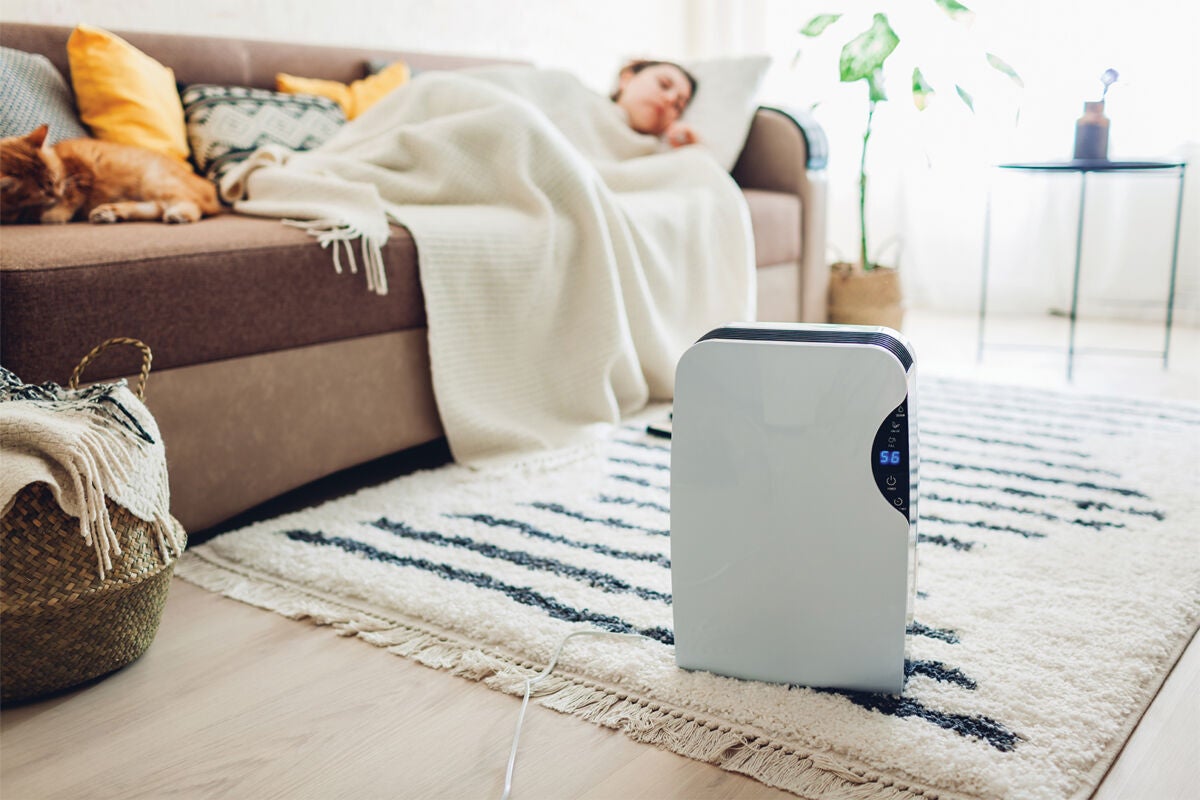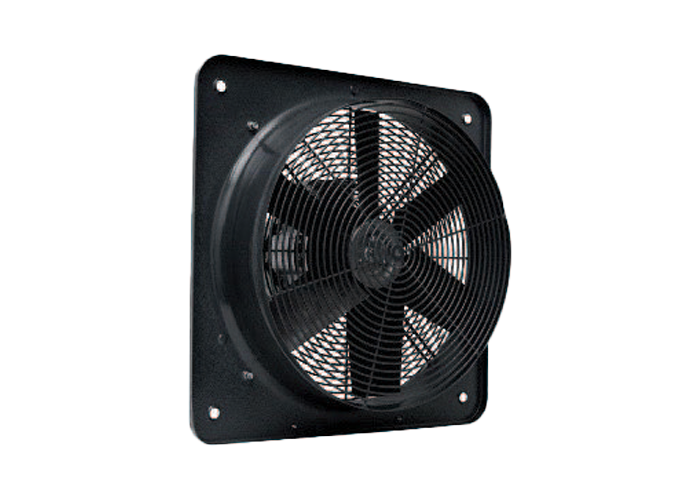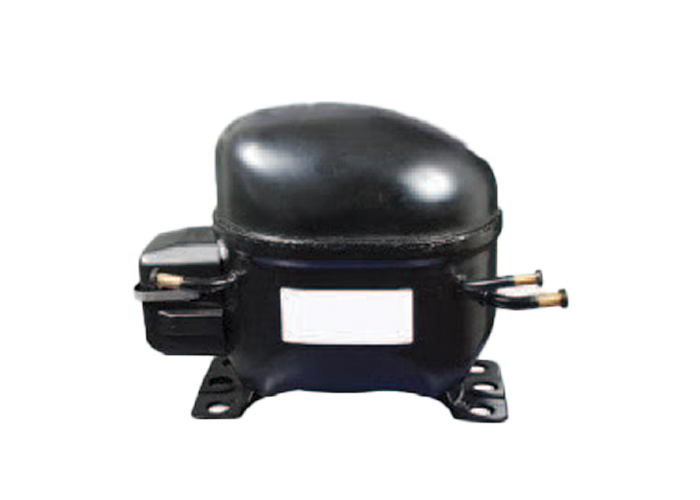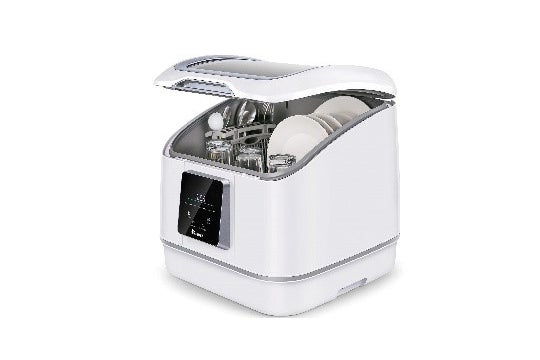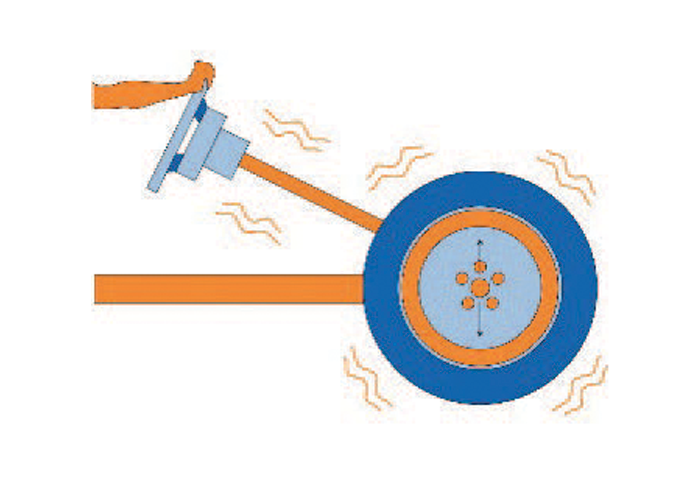
Impact on everyday human life
In today’s world, noise is an unavoidable part of daily life, from the hum of household appliances to the bustle of urban environments. However, as people place greater value on comfort, wellness, and productivity, the demand for quieter spaces—both at home and in the workplace—is growing.
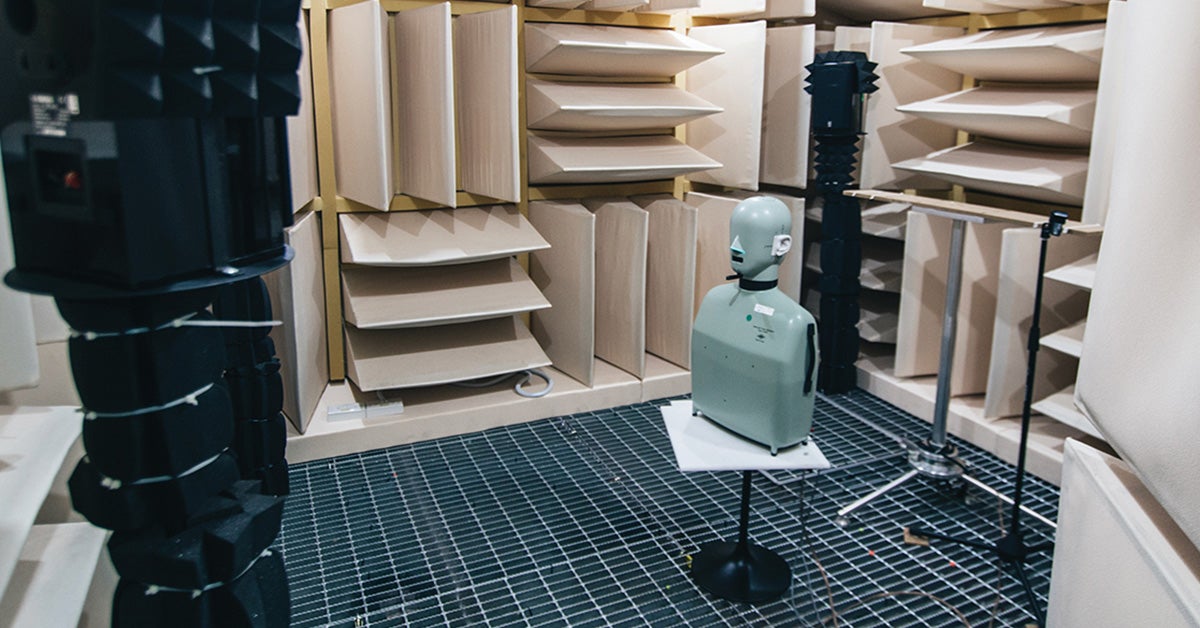
The negative impact of excess, unwanted noise (often referred to as “noise pollution”) extends beyond simple annoyance and can be associated with several health conditions, including higher stress levels, sleep disturbances, and even cardiovascular disorders. A 2019 review of existing studies found that prolonged exposure to noise pollution is linked to faster cognitive decline, emphasizing the need for better noise management in everyday environments. This awareness became more pronounced in 2020, when global lockdowns led to a more than 50% reduction in man-made noise in many countries. During this time, people experienced—and came to appreciate—the benefits of a quieter world.
A quieter world
As a result of a newfound appreciation for quieter environments and an increased focus on wellness, consumers are increasingly prioritizing low-noise options when purchasing what would traditionally be seen as “louder” products, like appliances. In response, manufacturers are integrating noise reduction into product design, creating appliances that deliver high performance without unnecessary and disrupting noise pollution.
This brief explores the role of noise in everyday life, the rise in consumer demand for quieter appliances, and the strategies used to develop products that align with these expectations.




